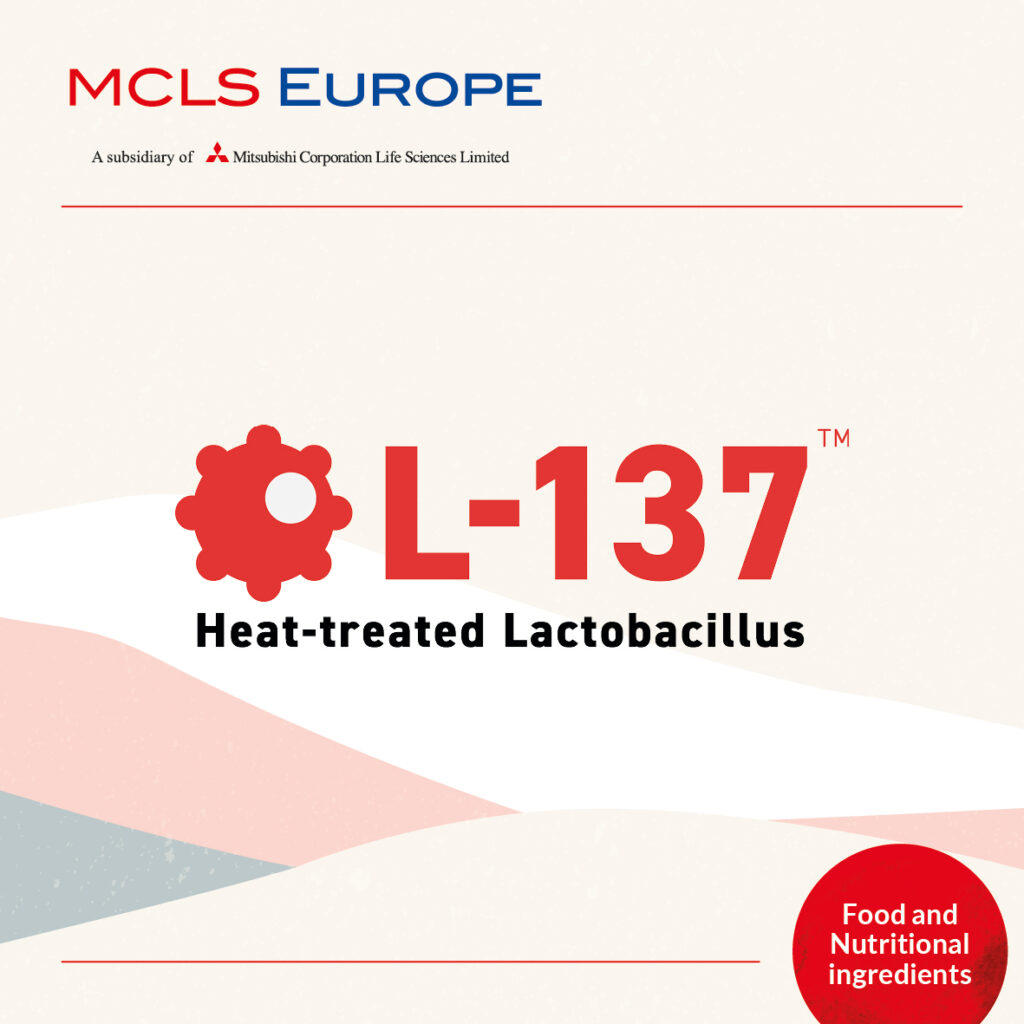Postbiotics
Home → Postbiotics
Firstly, what exactly are Postbiotics?
Indeed, with so many different terms and definitions such as prebiotics, probiotics, paraprobiotics, immunobiotics etc, it can sometimes be hard to distinguish one from another. Luckily, recently the International Scientific Association of Probiotics and Prebiotics (ISAPP) reached a consensus statement on the definition and scope of postbiotics. The panel defined a postbiotic as a “preparation of inanimate microorganisms and/or their components that confers a health benefit on the host”. Effective postbiotics must contain inactivated microbial cells or cell components, with or without metabolites, that contribute to observed health benefits. Have a look at the original article here: https://www.nature.com/articles/s41575-021-00440-6
What are the benefits of this new definition?
Well, there are some key benefits with establishing clear terminology for an emerging class of nutrition. Scientists, clinical trialists, industry, regulators and consumers have common ground for future activity in this area. A generally accepted definition will hopefully lead to regulatory clarity and promote innovation and the development of new postbiotic products. Compare this to the Pre- and probiotics. Recently, they have greatly benefited from a clear definition and they are not only more known to the ‘mainstream consumer’; but labelling surrounding these products also has become much clearer.
Why are Postbiotics potentially of interest?
While it is difficult to encompass all different aspects of Postbiotics; in general you can distinguish two key benefits of Postbiotics. Firstly, due the fact that they have been heat treated, they are much more stable. Not only does this result in a longer shelf life at ambient temperatures (up to 5 years in the case of L-137®); but the product can be used in a wide variety of applications because it can handle extremely high temperatures and both low and high Ph environments. Consider shelf stable beverages, fruit juices, bread, bars. It opens up a wide range of new applications.
The second benefit is somewhat more technical, but is also linked to the fact that the product is heat treated. L-137® shows stable activity in the small intestine and thereby induces strong Interleukin (IL-12) and IFN-B production of immune cells strongly. Thus being responsible for the immune-modulating properties.
Is there any clinical evidence?
Ultimately, clinical data is key in substantiating any claims relating to potential health benefits. In the case of L-137®, we have a series of research published in different journals. In general, we can talk about these studies under the ‘umbrella’ of Immunity. Some studies focus more on anti-inflammatory effects, Upper Respiratory Tract Infection (URTI), Anti-allergy or even Skin Health. If you are interested in these studies we are happy to send you the original papers.
Where can I buy Postbiotics?
Within Europe, Postbiotics are still at a fairly early stage. There are some products developed but applications within Functional Foods are minimal. At MCLS Europe, we offer the product L-137® directly and with support on both formulation, legal and labelling advice. Get in touch!
Inquiries

Business Development Manager
- Hands-on collaboration
- Personal service
- Local warehousing
